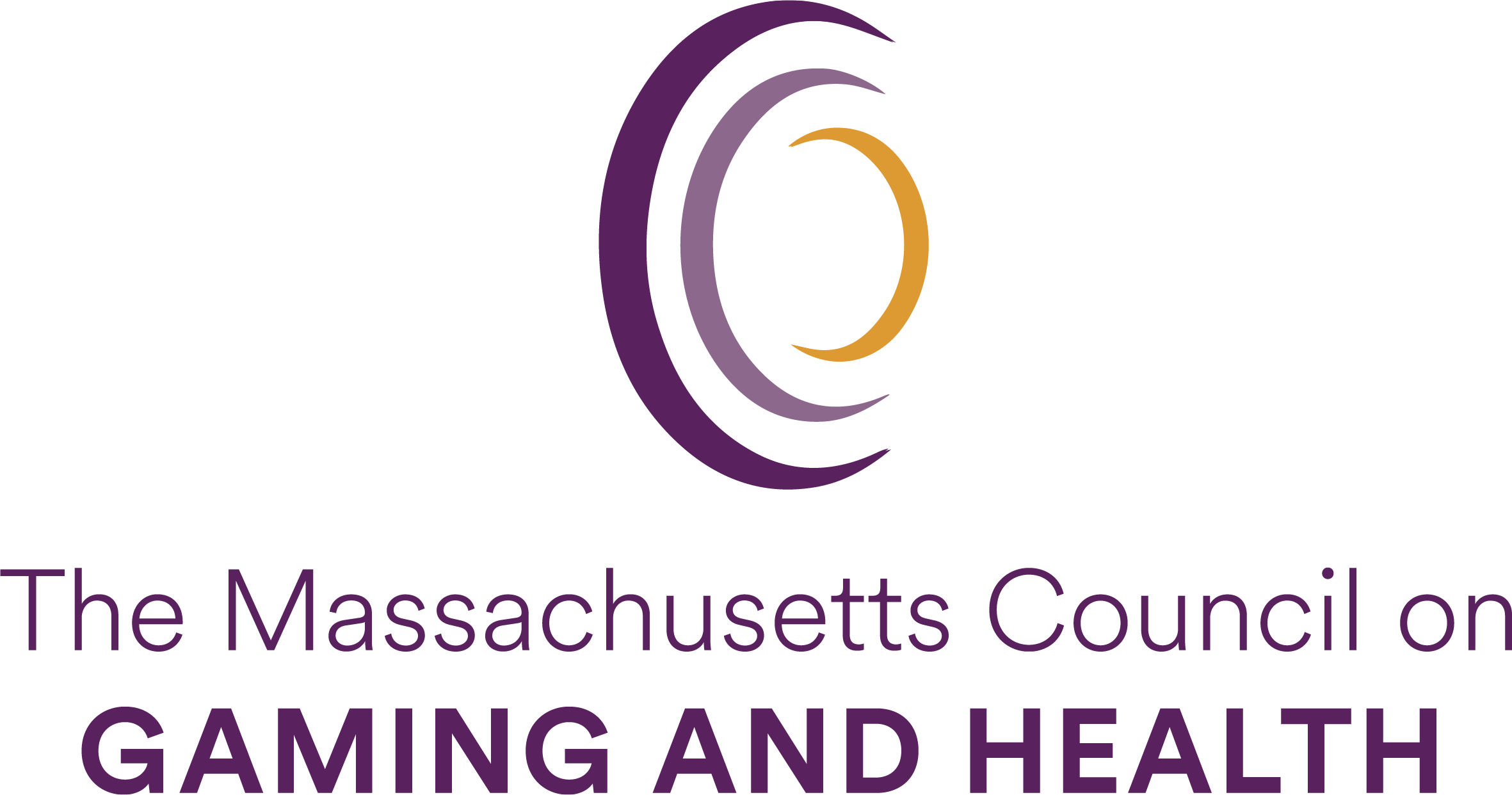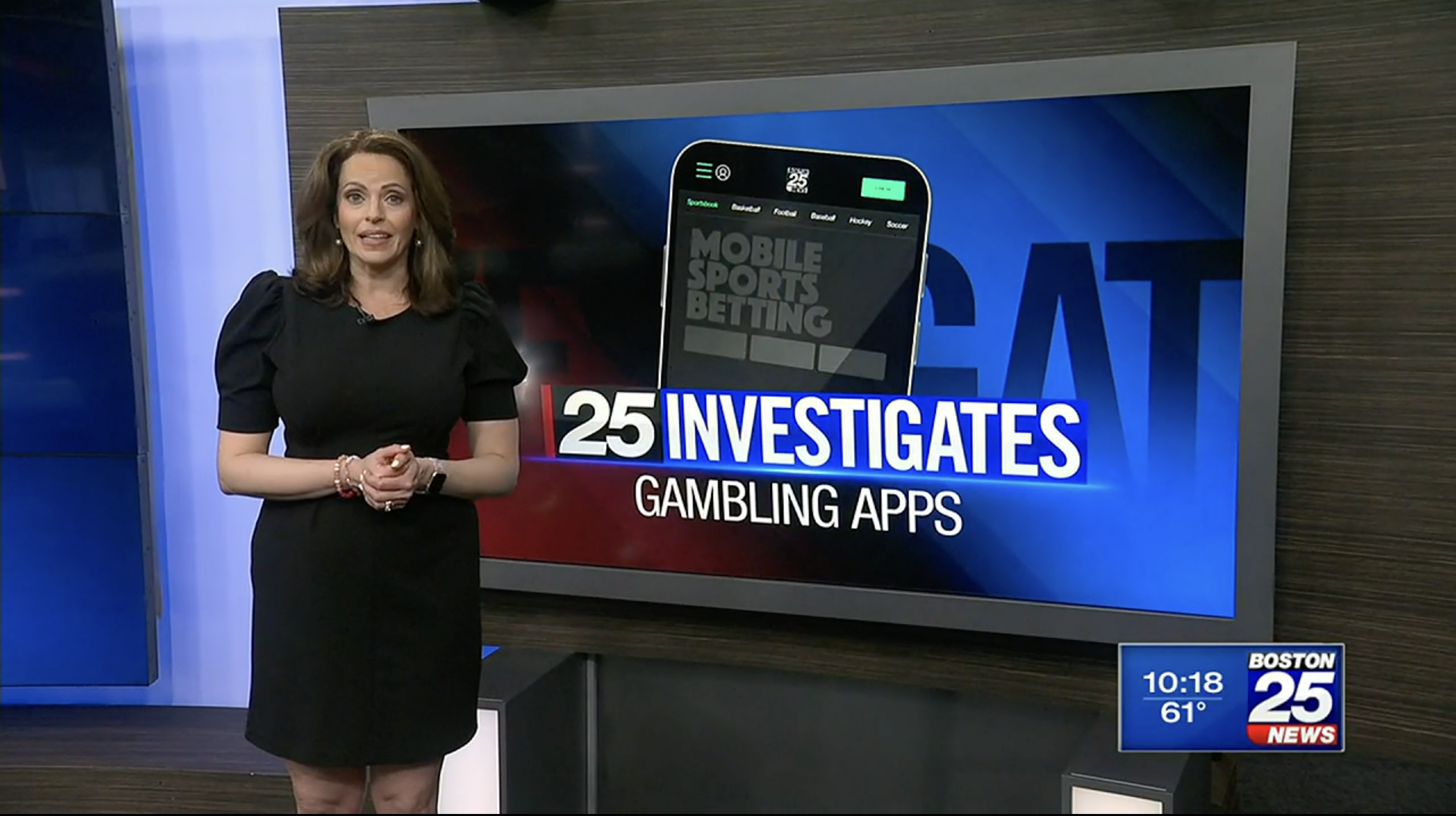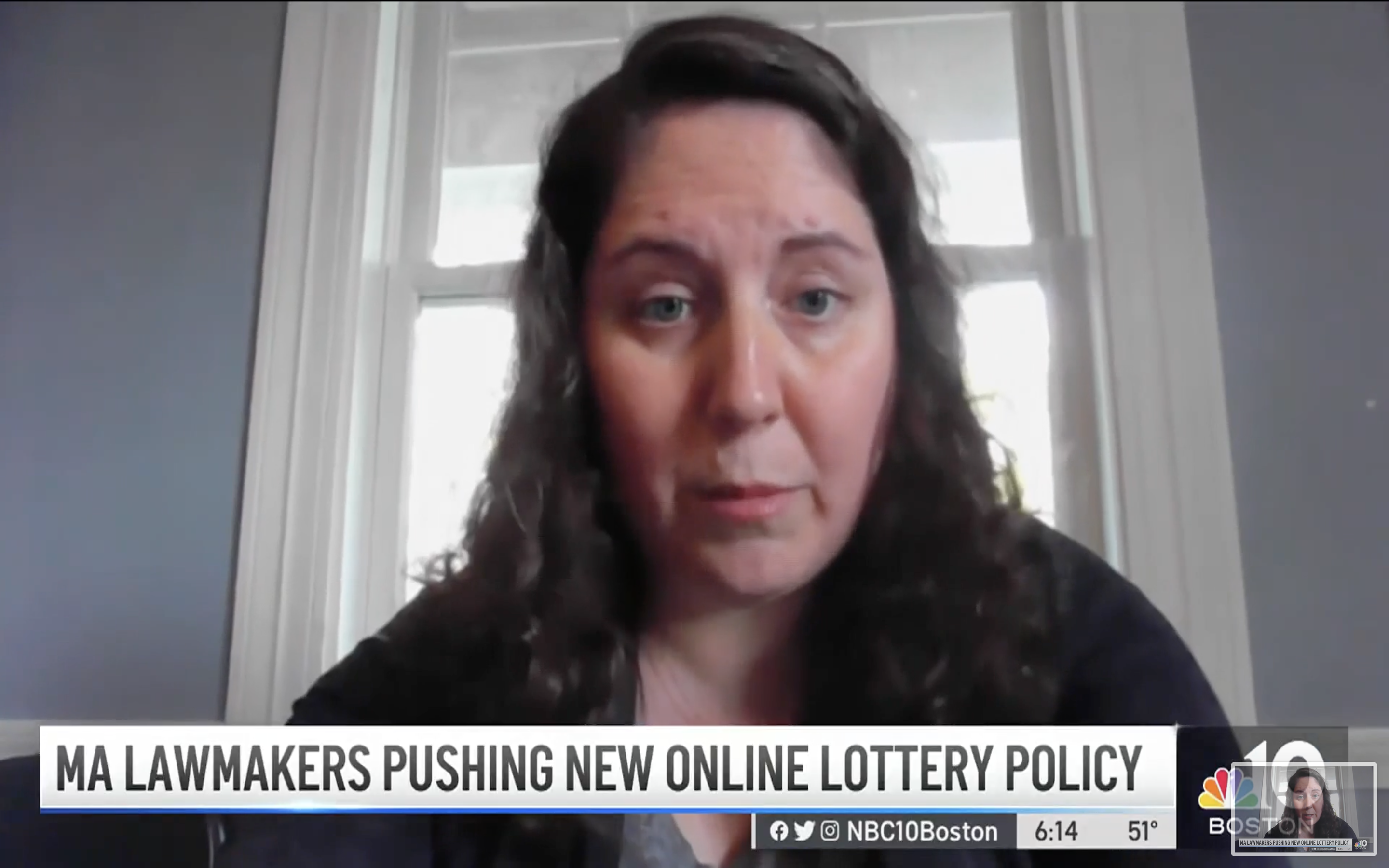[et_pb_section fb_built=”1″ _builder_version=”4.7.7″ min_height=”4171.6px” custom_margin=”0px||||false|false”][et_pb_row _builder_version=”4.7.7″ _module_preset=”default” min_height=”437.5px” custom_margin=”-55px||||false|false”][et_pb_column type=”4_4″ _builder_version=”4.7.4″ _module_preset=”default”][et_pb_divider _builder_version=”4.7.4″ _module_preset=”default”][/et_pb_divider][et_pb_text _builder_version=”4.7.7″ _module_preset=”default” custom_margin=”-20px||||false|false”]
- Intentional You in 2021 – As you read this you may be already stressing about your well-intentioned New Year’s Resolution. Maybe you pledged to try running to work off those holiday cookies or practice yoga to re-center yourself.
- Rebuilding after Financial Fallout – Recovery from Gambling Disorder requires creating a new and healthy relationship with money. Financial problems are often the most obvious symptom of problem gambling behavior.
- Remote Voluntary Self-Exclusions are Here – Folks struggling with their gambling now no longer have to enter a casino to voluntarily self-exclude (VSE) from gambling at Massachusetts’ casinos, or worry about finding a designated agent in their region.
- Kopel’s Corner– “Gambling, Investing or Speculation” As a means to grow your wealth, to what level does your investing rise to the level of a gambling activity?
- Upcoming Trainings– See our upcoming training opportunities HERE!
[/et_pb_text][et_pb_divider _builder_version=”4.7.4″ _module_preset=”default”][/et_pb_divider][/et_pb_column][/et_pb_row][et_pb_row _builder_version=”3.25″ background_size=”initial” background_position=”top_left” background_repeat=”repeat”][et_pb_column type=”4_4″ _builder_version=”3.25″ custom_padding=”|||” custom_padding__hover=”|||”][et_pb_text _builder_version=”4.7.7″ background_size=”initial” background_position=”top_left” background_repeat=”repeat” hover_enabled=”0″ sticky_enabled=”0″]
Intentional You in 2021
 As you read this you may be already stressing about your well-intentioned New Year’s Resolution. Maybe you pledged to try running to work off those holiday cookies or practice yoga to recenter yourself. Possibly you promised to pick up the dusty guitar you keep meaning to learn to play. Or now might be when you are on a new app to start ________ (fill in the blank: dating, learning a new language, writing your novel, baking bread, etc). But every year we do it to ourselves—we make a promise that we will learn to do or improve something to make ourselves amazing in the next year or the entire next year just better.
As you read this you may be already stressing about your well-intentioned New Year’s Resolution. Maybe you pledged to try running to work off those holiday cookies or practice yoga to recenter yourself. Possibly you promised to pick up the dusty guitar you keep meaning to learn to play. Or now might be when you are on a new app to start ________ (fill in the blank: dating, learning a new language, writing your novel, baking bread, etc). But every year we do it to ourselves—we make a promise that we will learn to do or improve something to make ourselves amazing in the next year or the entire next year just better.
What’s our recommendation here are the Mass. Council? Be happy with who you are and resolute in what you already do. Be intentional. Be purposeful. Be content.
So, if you are 50 lbs overweight and know it’s because of your diet and lack of exercise, maybe instead of saying you’ll become a Zumba enthusiast and a strict Paleo dieter, you can be resolute in the incorporation of the fruits and vegetables you really like into your meals and you can intentionally walk around the park or mall that you enjoy. And you can start small. Like 1 day a week.
Or if you really want to learn to speak Chinese, maybe you can sign up for that app and pledge to have it read to you while you shower or cook dinner—things you would have done anyway, but you’ll just be more intentional about the time you’ve set aside.
This is exactly how harm reduction works with gambling and gaming. We are not here to tell people they must make dramatic and drastic changes, but rather here to offer them tools and resources to stay healthy. When someone tells us they want to make a change with their gaming and gambling behavior, we help come up with the smallest steps to get there. Maybe someone says they are missing time with family due to gambling; our suggestion is to find some way to leave early or come late to their typical “gambling sessions” and use that time in an intentional way with a loved one. If someone feels they are spending too much money gambling, they should be intentional in their approach to money spent or money pre-committed to a gambling time period. And then write it down or have someone to check in to see if your intentions are working—our GameSense advisors and our Telephone Recovery Support staff are here to help you with your journey toward gaming and health if that is your choice.
Only you can change you, but change is hard. 2020 was a tough year, let’s not make 2021 any harder. Be kind and gentle to yourself and be purposeful in your approach to a healthy and happy you.
Marlene Warner, Executive Director
Rebuilding after Financial Fallout
 Recovery from Gambling Disorder requires creating a new and healthy relationship with money. Financial problems are often the most obvious symptom of problem gambling behavior. There may be bankruptcy, towering debt and important bills that are long overdue. It may take time for a person in early recovery to feel comfortable and safe handling money on their own. Unless there is a solid plan in place to address the financial fallout of the gambling, it may struggle to focus on the emotional and psychological aspects of healing and self-discovery. Debt counselors, financial planners, attorneys, or CPAs are some of the types of professionals who may have the skills to help. Often it is the clinicians themselves, with no finance training whatsoever, who find themselves trying to support clients around financial management as part of an overall treatment plan. One helpful resource for clinicians is: “Problem Gambling and Their Finances: A Guide for Treatment Professionals”.
Recovery from Gambling Disorder requires creating a new and healthy relationship with money. Financial problems are often the most obvious symptom of problem gambling behavior. There may be bankruptcy, towering debt and important bills that are long overdue. It may take time for a person in early recovery to feel comfortable and safe handling money on their own. Unless there is a solid plan in place to address the financial fallout of the gambling, it may struggle to focus on the emotional and psychological aspects of healing and self-discovery. Debt counselors, financial planners, attorneys, or CPAs are some of the types of professionals who may have the skills to help. Often it is the clinicians themselves, with no finance training whatsoever, who find themselves trying to support clients around financial management as part of an overall treatment plan. One helpful resource for clinicians is: “Problem Gambling and Their Finances: A Guide for Treatment Professionals”.
https://www.ncpgambling.org/files/public/problem_gamblers_finances.pdf
This guide will be helpful for clinicians and impacted other, as it gives a comprehensive overview of the kind of financial issues that may present with problem gambling, and strategies to address them.
By Odessa Dwarika
Remote Voluntary Self-Exclusions are Here!
Folks struggling with their gambling now no longer have to enter a casino to voluntarily self-exclude (VSE) from gambling at Massachusetts’ casinos, or worry about finding a designated agent in their region. The GameSense team, and MGC agents, now have the technology and know-how to conduct a VSE remotely and securely.
By using iPads, secure software and camera phones, we can safely and compassionately walk participants through the VSE process from step one to sign off. This is fantastic for a number of reasons. First, during a pandemic, not everyone is comfortable with face-to-face conversations, even with social distancing and masks on. Second, logistically it may be more convenient for folks in rural areas or with less access to transportation to have their VSE administered remotely. Third, once the casinos resume to regular operating hours, our hope is to offer VSEs 24-7, 365 days a year. When someone is in crisis, we want to be there for them in their toughest moments, and be able to offer as much assistance and support as possible.
We are excited to add this important tool to our array of resources as we continue to help people who are struggling with gambling, and their friends and their family, retake control of their lives.
Background information: The voluntary self-exclusion program was established by the Massachusetts Gaming Commission (MGC) and allows participants to voluntarily exclude themselves from the gaming floor of all three Massachusetts casinos for one, three, or five-year terms. A lifetime ban is an also an option once the participant has completed a full one, three or five-year term. Taking the step to self-exclude from the casino floor is often an important, first-step in the recovery process for a person who is struggling with their gambling.
Enrollments may now occur in person at any of the three MA casinos, Encore Boston Harbor, MGM Springfield and Plainridge Park casino. They may also be conducted at the MGC office in Boston, or by a trained designated agent throughout the state, and may even be conducted remotely as well.
By Chelsea Turner & Ray Fluette
Kopel’s Corner: Gambling, Investing or Speculation
 As a means to grow your wealth, to what level does your investing rise to the level of a gambling activity?
As a means to grow your wealth, to what level does your investing rise to the level of a gambling activity?
In this reviewed article1 Arthur, J. N., Williams, R. J. & Delfabbro, P. H. The conceptual and empirical relationship between gambling, investing, and speculation. J Behav Addict 5, 580–591, research was conducted to compare Gambling, Investing or Speculation as investment activities.
A definition the Mass Council often uses to describe gambling is: “Gambling is risking something of value on the outcome of an event when the probability of winning is less than certain”2.
In this definition we see that gambling describes risking value on the outcome of an event.
This article1 states that unlike investing, similar to recognized gambling activities, “speculation usually refers to financial market activities that tend to be shorter term, higher risk, with higher and lower gains and losses, and with a primary focus on making a monetary profit from price movement without regard for the fundamental value of the asset.
The financial markets are believed to be efficient so that the current price of a stock or commodity is its generally recognized value based on what is known at the time. Therefore, activity based on the expected change in value based on a definitive event or time would therefore be speculative.
Examples of speculation include high frequency trading in volatile stocks, “day-trading”, buying stocks on margin (effectively borrowing money) and placing bets using options. These are not really investments since they are typically associated with a short time frame, such as a quick series of bets, or events. These types of monetary behaviors can be harmful and or have the potential to be addictive.
On the other hand, longer term investing is not generally associated with these risks. According to Bogle3, the definition of investing is “purchasing or allocating money into an asset with the expectation of long term capital appreciation or profits deriving from that asset”.
In conclusion, investing is clearly distinct from gambling. The investment involves the purchase of the asset, has a longer-term horizon with no definitive event, has lower risk and a better than random expectation of positive results. With respect to conceptual relationship, speculation tends to land somewhere between investing and gambling depending on the level of risk, time frame and whether the asset is owned.
By Phil Kopel
Bibliography
- Arthur, J. N., Williams, R. J. & Delfabbro, P. H. The conceptual and empirical relationship between gambling, investing, and speculation. J Behav Addict 5, 580–591.
- Korn, D. A. & Shaffer, H. J. Gambling and the Health of the Public: Adopting a Public Health Perspective. J Gambl Stud 15, 289–365 (1999).
- Bogle, John. The Clash of the Cultures: Investment vs. Speculation | Wiley. Wiley.com https://www.wiley.com/en-us/The+Clash+of+the+Cultures%3A+Investment+vs+Speculation-p-9781118238219.
[/et_pb_text][/et_pb_column][/et_pb_row][/et_pb_section]




